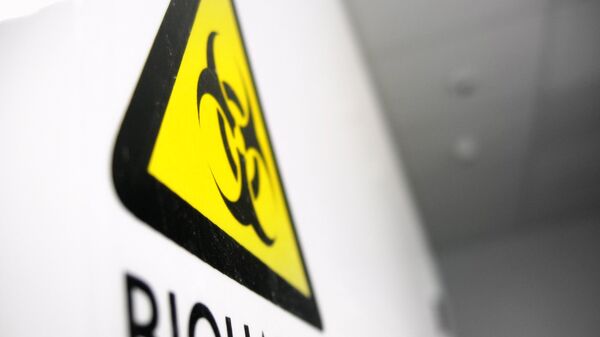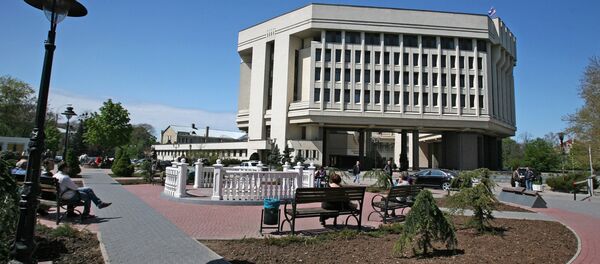The ministry's proposal includes a $1.8 million, three-year overhaul of the Sansia level-4 biolab in New Taipei City as well as funding for new epidemiological research to keep pace with developments in China, in particular. The proposal tops out at $16.1 million, the Taipei Times reported.
The World Health Organization (WHO) rates biolabs on a scale of one to four according to their ability to safely handle highly dangerous diseases. Level 4 labs are those approved to handle the most lethal and easiest to spread, such as those that can be spread via aerosol or that are responsible for deadly pandemics. Some of the viruses handled in level 4 labs include ebola and other hemorrhagic fevers, smallpox and viruses in the henipavirus genus, according to a 2016 US Department of Health & Human Services biolab safety publication.
Such labs can research important vaccines and treatments as well as enhance scientists' understanding of how the mysterious pathogens work, but they also play an important role in biological warfare research, Asia Times noted.
According to Xinhua, the autonomous island hosts two such labs; the other is the Preventive Medical Institute of ROC Ministry of National Defense in Taipei. Until last year, the only such labs in Asia were in Taiwan and Japan, but then China opened its own level 4 biolab in Wuhan, Hebei: the Wuhan Institute of Virology, a special facility high above the floodplain that's reinforced against magnitude 7 earthquakes, Xinhua noted. A second facility followed in August 2018 in Harbin, the capital of the northeastern Heilongjiang Province, which Beijing boasts is the largest such facility in Asia.
Beijing has planned to open a total of seven level 4 biolabs across the country by 2025, with the next two planned for Kunming and the capital itself. South Korea's Centers for Disease Control and Prevention has indicated it's open to building such a facility in Osong, the Taipei Times noted.




